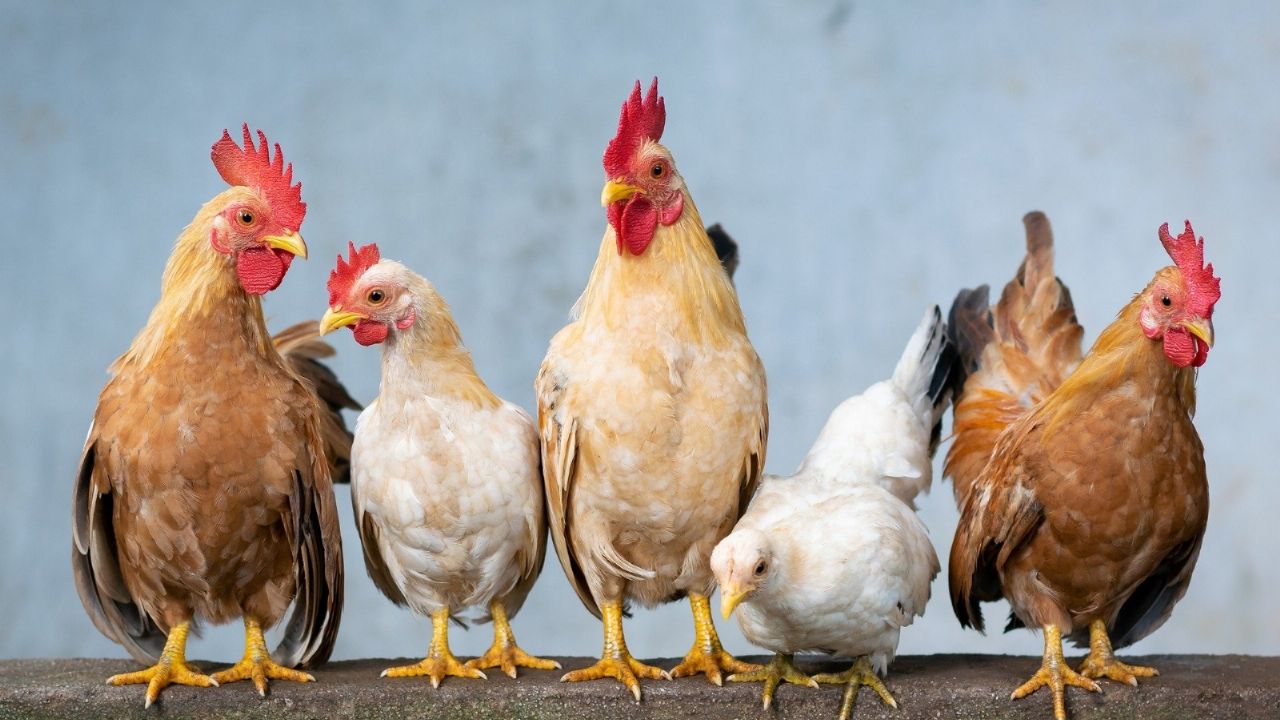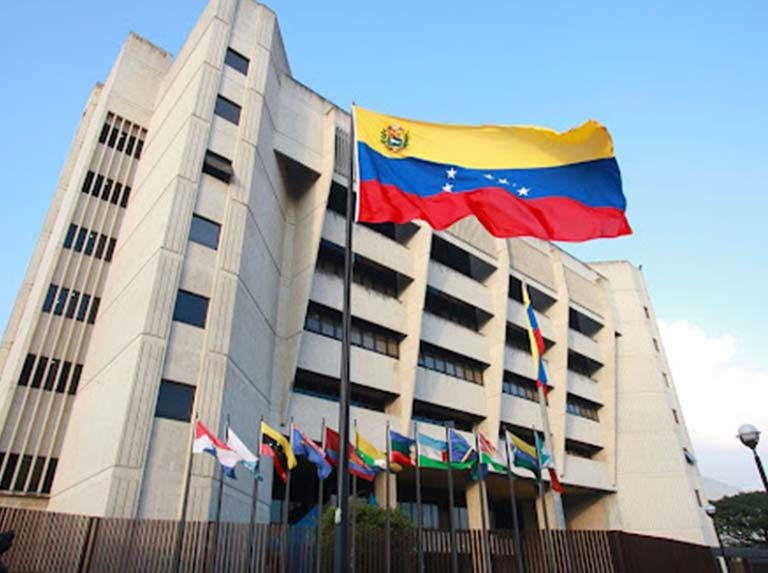SENASA (National Service for Agro-Food Health and Quality) reported in the last few hours that the first case of bird flu in poultry, a fact that occurred in the town of Mainqué, in the province of Río Negro.
The agency explained that, after detecting a case in poultry, “the country temporarily loses its status as free of the illness”, which is why the Government decided to suspend exports of poultry products. So far, the bird flu it had only been identified in the country in wild and backyard birds.
The Government also clarified that the consumption of poultry products is safe in the country and that exports are suspended after detecting the bird flu in poultry: this is determined by international regulations.
In this way, they emphasize that the consumption of chicken, egg or their derivatives does not represent a risk to the health of citizenssince the virus, in any case, is not transmitted by consuming this type of food.

In relation to the last case detected in the province of Río Negro, SENASA reported that “the corresponding containment measures, established in the Avian Influenza Contingency Manual, were carried out in order to avoid the spread of the disease in other producing establishments. of birds destined for the commercial circuit”.
They also notified: “Following international protocols, the SENASA authorities will officially communicate the news to the World Organization for Animal Health (WHO).”

For his part, the Secretary of Agriculture, Juan José Bahillo, highlighted: “Our dialogue with the private sector is constant, as well as our presence of technicians in the territory, to continue reinforcing the biosecurity measures necessary to face the situation and restore as soon as possible possible health status of our country”.
The country adds 25 cases of bird flu
In recent weeks, SENASA has received 117 notifications about birds suspected of influenza. Of these, 25 have been positive results. The cases occur in 3 wild birds, 21 in the backyard and 1 in the commercial sector.

Regarding the number of cases in the affected provinces, there are 13 in Córdoba, 4 in Buenos Aires, 2 in Río Negro, 2 in Santa Fe, 1 in Jujuy, 1 in Neuquén, 1 in San Luis and 1 in Salta.


















